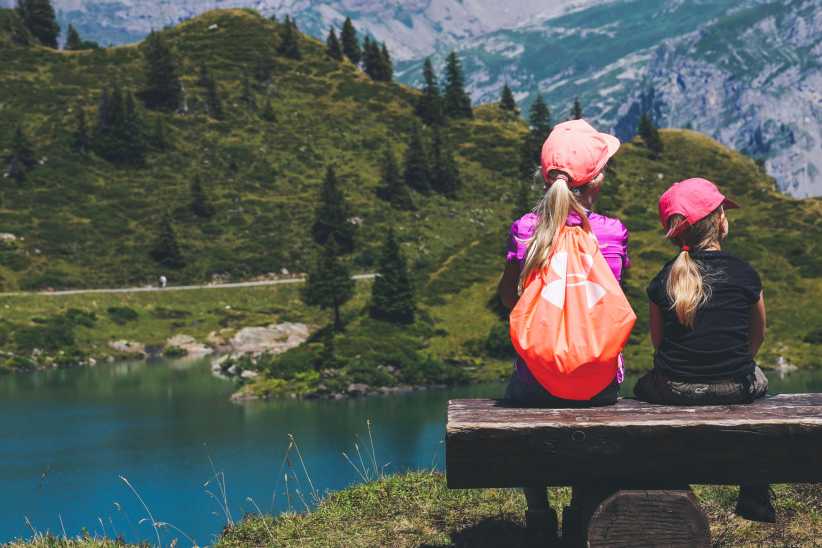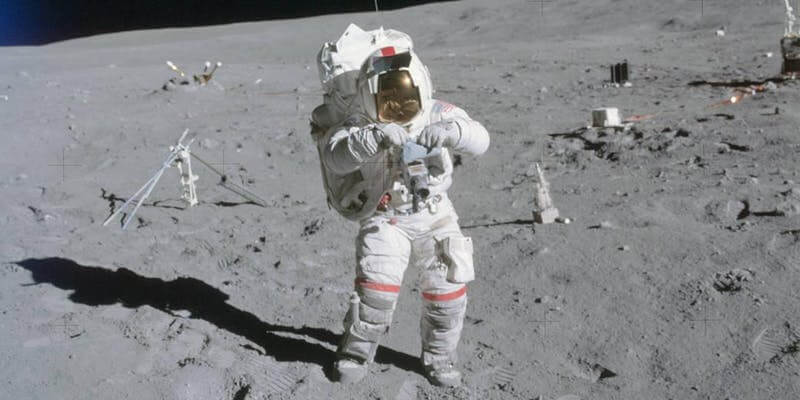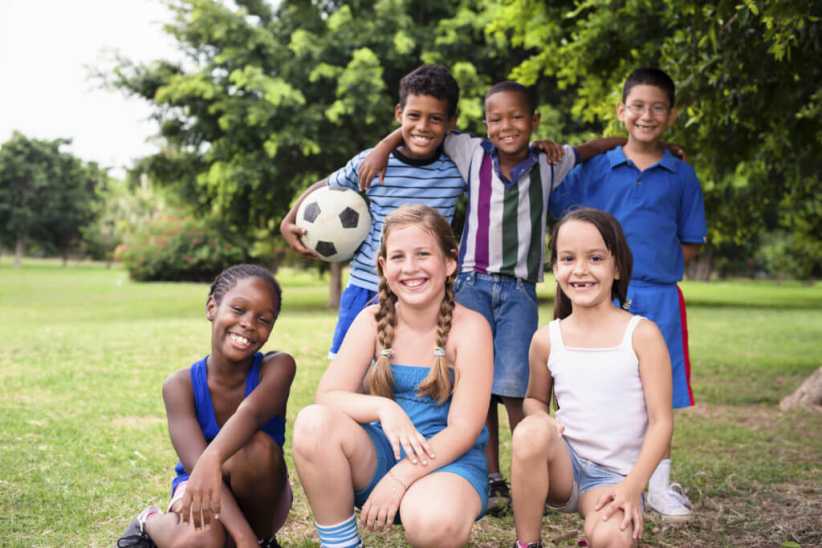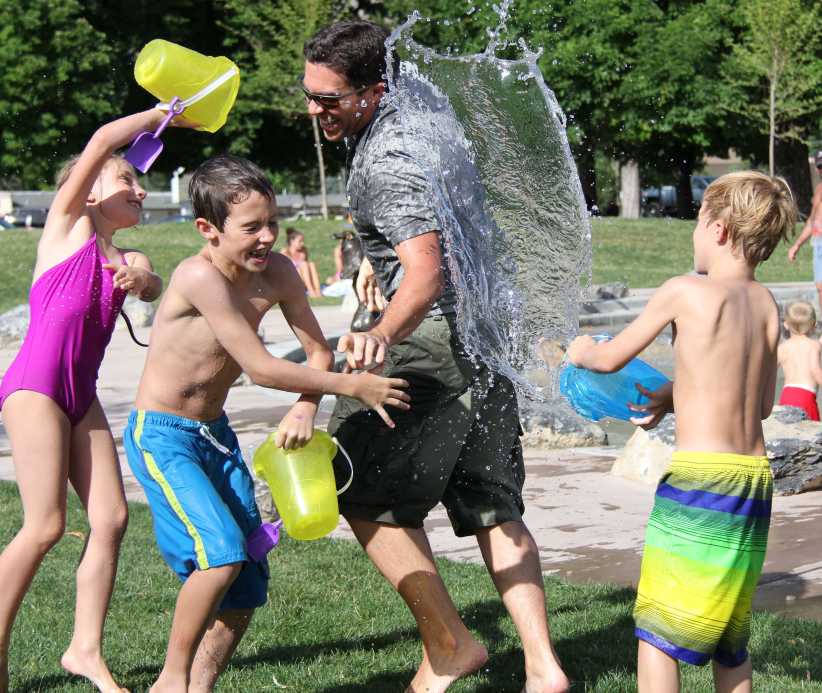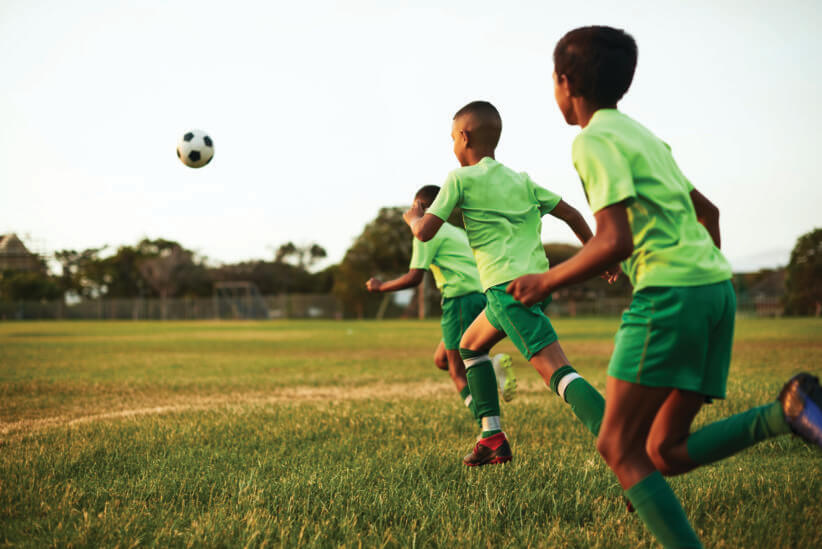
Covid’s Silver Lining for Camps
Over the past two years, COVID-19 has disrupted the way many businesses run—including summer camps. Camp directors have had to rethink and change the way they were doing things to ensure that campers and staff stayed safe while also maintaining the feeling of camp.
While no camp director wanted COVID to change anything, some discovered that the changes they made improved how they were doing things and will keep some of these changes in place long after COVID fades away.
Breezemont Day Camp in Armonk, NY had always used their indoor dining hall for campers to eat lunch. But when COVID hit in 2020, they moved lunch outside for safer eating and social distancing.
“For the past two summers, campers have eaten outside under tents and it’s just so much nicer to be outside with a breeze,” says Gordon Josey, Owner and Director of Breezemont.
Besides eating, Josey also feels they may never use their indoor spaces the same again. “We have moved so much outside because of COVID that we will likely only use our indoor spaces for campers’ cubbies and changing. Each camp group has their own outdoor area with a tent for shade, seating and ice water. Everyone just enjoys being outdoors.”
When Breezemont didn’t run busing in 2020, the camp created a QR code system where each child had their own code. When parents drove to camp for pick up, the QR code on the car was scanned and a text went to the group leader to bring the camper to their parents’ car.
“It’s something we had talked about for a few years but up until COVID,I didn’t feel a need for it. Now, we find it so useful. We can scan a camper’s QR code on their backpack and it brings up their swim level, any allergies a child has or who is or isn’t eligible to pick the camper up from camp.”
Like most overnight camps, Camp Walt Whitman in New Hampshire opened in 2021 after not operating in 2020 due to COVID. To ensure the safety of its camp community, Camp Walt Whitman didn’t do certain activities they had done in past summers, which allowed everyone at camp to recognize that less can be more.
“When we weren’t able to bring in entertainment for events or have kids leave camp for trips, we rediscovered how nice it is to have campfires and do skits. Without our older campers going out on trips at various times, all our campers were together at camp and the bonding was incredible.
We did so many more in house special events that were silly and just fun,” says Jed Dorfman, Director of Camp Walt Whitman. “These moments were so positive. We all were reminded that for community building, it’s the simple things that make camp so special—not the fireworks or big events.”
Both camps will be holding on to some health and hygiene changes made. Last summer, Camp Walt Whitman set up tent triages for campers and staff outside before just sending them inside to the health center, initially set up as a COVID mitigation protocol.
“This didn’t occur to us before COVID but it makes much more sense to keep someone outside who may have a small cut then to bring them inside where they can be exposed to someone who may have a 103 fever,” explains Dorfman. “This is one thing from COVID we are happy to keep and it will help maintain a healthier camp community.”
Breezemont Day Camp added additional hand washing and hand sanitizer stations throughout camp during COVID. “Everyone at camp is just healthier now because they are washing their hands and sanitizing constantly,” says Josey. “We will also continue to encourage parents to keep their sick children home. For the last two summers, we’ve had less colds and stuffy noses because parents kept their children home when they weren’t feeling well.”
Because of COVID, camps needed to re-envision activities, health protocols and the overall way everyday things were done. Although they weren’t looking to make changes, these camps discovered some silver linings that might not have otherwise been considered.
Do you need more information about summer camps? Check out Top Ways to Find A Camp

